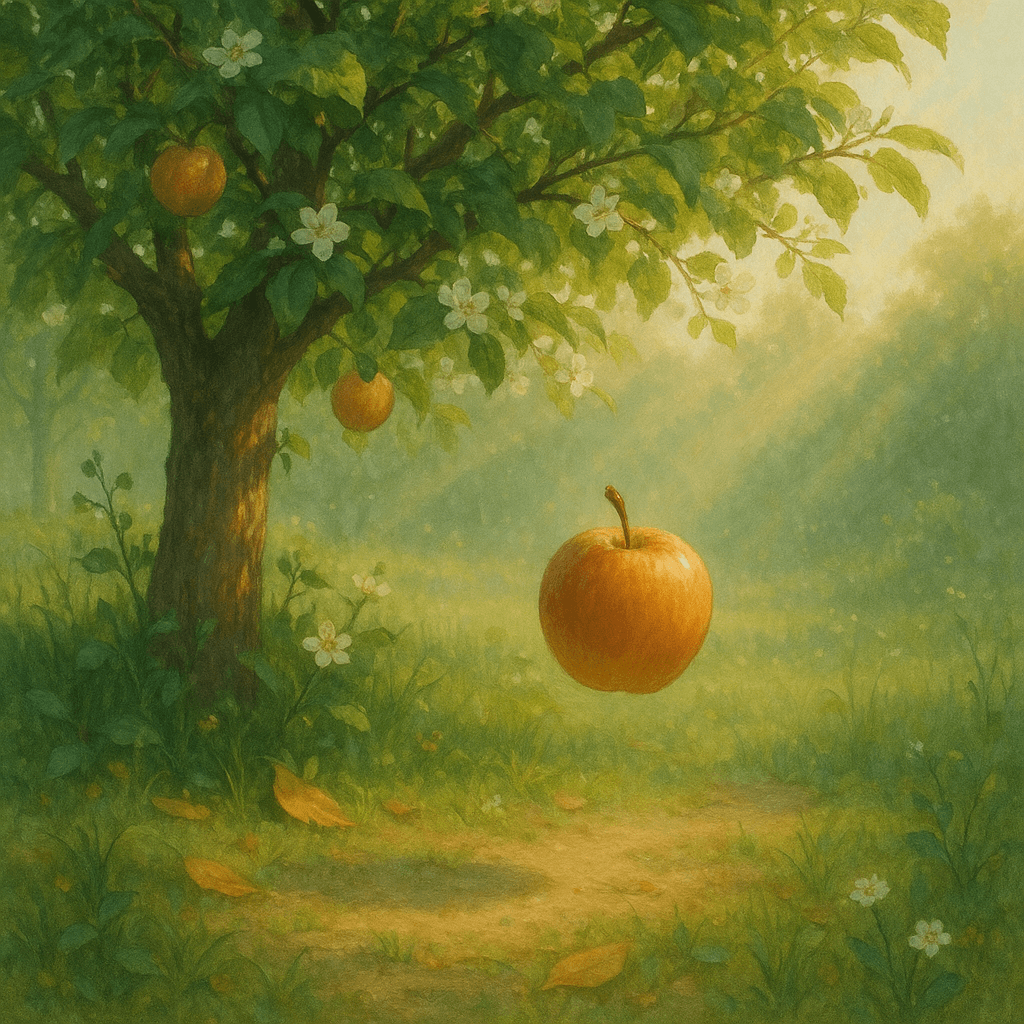Patience and Timing: Lessons from the Ripest Fruit

The ripest fruit falls by itself. — Tibetan Proverb
—What lingers after this line?
One-minute reflection
What does this quote ask you to notice today?
Natural Progression and Readiness
The Tibetan proverb, 'The ripest fruit falls by itself,' underscores the importance of natural progression and readiness in all aspects of life. Just as fruit needs time to mature before it detaches from the tree, people and circumstances also require patience before coming to fruition. The metaphor suggests that attempting to force outcomes before their time may lead to disappointment or underdeveloped results.
Wisdom in Waiting
Building on that idea, this proverb reminds us of the virtue of patience. Many traditions, from Buddhist teachings to Aesop’s fable of 'The Farmer and His Sons,' emphasize waiting for the right moment. Haste can undermine success, whereas calm perseverance leads to more satisfying outcomes. Thus, the proverb advises us not to rush growth, be it in relationships, careers, or personal goals.
Recognizing True Opportunity
Furthermore, the image of fruit falling at its ripest symbolizes recognizing genuine opportunities. When we allow growth to occur naturally, we are better able to discern when the moment is right to act. For example, entrepreneurs often wait for market readiness before launching new products, understanding that timing can be as crucial as innovation itself, as seen in Apple’s careful product rollouts.
Letting Go at the Appropriate Time
Transitioning from readiness to release, the proverb also encourages us to let go when the proper time arrives. Whether it’s parents allowing children independence or leaders handing over responsibilities, holding on too tightly can stifle development. Ancient philosophies, such as Laozi’s Tao Te Ching, teach that wise individuals recognize when it’s time to step back and let nature take its course.
Trusting Life’s Cycles
Ultimately, the proverb advocates for trusting the cycles and rhythms inherent in life. By observing the natural world, we learn that everything has its season. This wisdom cultivates resilience, helping us accept delays and setbacks as part of a broader process. In the end, the ripest fruit—metaphorically and literally—rewards those who trust in time’s unfolding.